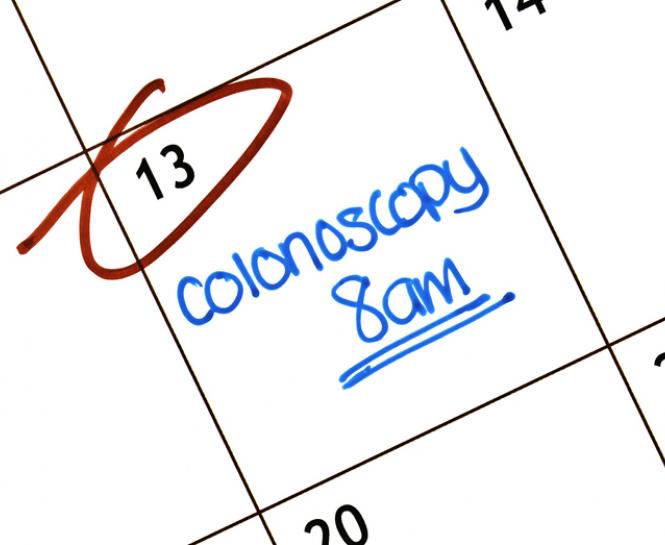Colorectal cancer is the third most common cancer diagnosed in both men and women in the United States.
“Getting a colonoscopy is the most important thing people can do to detect colorectal cancer at its earliest stage when most treatable,” said Christine Yu, MD.
In 2021, the U.S. Preventive Services Task Force revised its recommendation for colorectal cancer screening based on increased cases in young adults. Average-risk adults aged 45 years and older should schedule a screening and continue to do so regularly until they are 75. For people ages 76 through 85, the screening decision should be specific to the patient’s overall health.
Higher-risk individuals should get a colonoscopy earlier. Those at higher risk include:
- Previous diagnosis of inflammatory bowel disease
- Family history of cancer or polyps
- Personal history of cancer or polyps
- Confirmed or suspected hereditary colorectal cancer syndrome
- Personal history of getting radiation to the abdomen or pelvic area should be screened before the age of 45.
Encouraging a more significant number of those eligible for colon screenings to do so continues to be a major point of emphasis for physicians. Dr. Yu said people avoid getting tested because they think they are in good health, are unaware of risk factors, or have a negative impression of the pre-test preparation needed to ensure a proper screening.
“While some may see the prep as inconvenient, it is important to understand that screening and identifying and removing polyps in the colon allows us to catch a possible issue early and prevent a bigger health problem in the future,” she said.
While the thought of a colonoscopy may be unpleasant, it is the gold standard for colon cancer screening because if a polyp is found, it can be removed on the spot.
Dr. Yu noted that several less invasive screening options can be used based on an individual’s risk level. These include tests that examine the stool for signs of cancer or polyps but may need to be done more often. An individual receiving a positive result from a stool-based test must follow up with a colonoscopy.
“With the many screening options now available, it is important for people to speak with their doctor and choose the solution that works best for them,” said Dr. Yu. “Our goal is to help people lead longer lives and getting screened is the best tool we have to do that.”
Find Care at Catholic Health
Find a Catholic Health doctor near you. Or call 866-MY-LI-DOC (866-695-4362). Explore colorectal cancer services.







